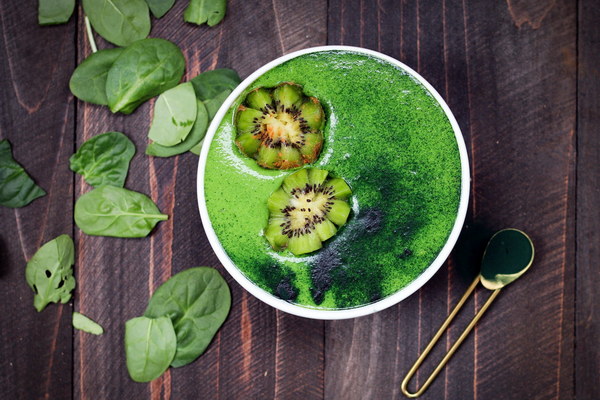Unveiling the Secrets Does Traditional Chinese Medicine's Pigeon Soup Nourish Your Lungs or Liver
In the realm of Traditional Chinese Medicine (TCM), food therapy has always played a significant role. Among the numerous culinary remedies, pigeon soup stands out as a popular choice, especially for those seeking to bolster their health. However, the question arises: is this savory soup more beneficial for nourishing the lungs or the liver? Let's delve into the mysteries and explore the wonders of this traditional dish.
Pigeon Soup: A Traditional Remedy with a Rich History
Pigeon soup, known as yu hua tang in Chinese, has been cherished for centuries. According to TCM, pigeons are a symbol of longevity and vitality. The soup is believed to possess various health benefits, which vary depending on the individual's constitution and needs. While it is often associated with lung health, its potential to nourish the liver is also noteworthy.
Nourishing the Lungs: A Soothing Elixir for Respiratory Health
In TCM, the lungs are considered the organ of the skin and the nose, playing a crucial role in the body's defense against external pathogens and maintaining respiratory health. Pigeon soup is believed to have a nourishing effect on the lungs due to its properties of moistening the lungs and soothing the throat. This makes it an ideal remedy for individuals suffering from chronic respiratory conditions, such as bronchitis, asthma, or dry coughs.
The soup's ingredients, which often include ginger, dates, and goji berries, contribute to its lung-nourishing properties. Ginger helps to warm the lungs and expel cold, while dates provide moisture and nourishment. Goji berries, a well-known adaptogen, are believed to enhance lung function and boost the immune system.
Supporting the Liver: A Delicate Balance for Overall Well-being
While pigeon soup is renowned for its lung benefits, it also offers support for liver health. In TCM, the liver is responsible for the smooth flow of Qi (vital energy) and blood, as well as maintaining emotional balance. When the liver is imbalanced, one may experience symptoms such as irritability, mood swings, or even physical pain.
Pigeon soup, with its nourishing and balancing properties, can help to soothe an overworked liver. The soup's ingredients work together to nourish the liver and improve its function, leading to better overall health and well-being. For example, goji berries are believed to strengthen the liver and improve its blood-circulating properties, while the sweet taste of dates helps to calm the liver and reduce irritability.

Conclusion: A Versatile Remedy for Both Lungs and Liver
In conclusion, pigeon soup is a versatile remedy that can benefit both the lungs and the liver. Its lung-nourishing properties make it an excellent choice for individuals seeking relief from respiratory conditions, while its liver-supporting effects contribute to overall well-being. However, it is essential to consult a TCM practitioner before incorporating pigeon soup into your diet, as individual needs and health conditions may vary.
As we continue to explore the wonders of traditional Chinese medicine, we find that food therapy offers a unique and holistic approach to health and wellness. So, the next time you're in search of a nourishing soup that caters to your body's needs, consider the timeless benefits of pigeon soup—a true culinary treasure from the land of ancient wisdom.









